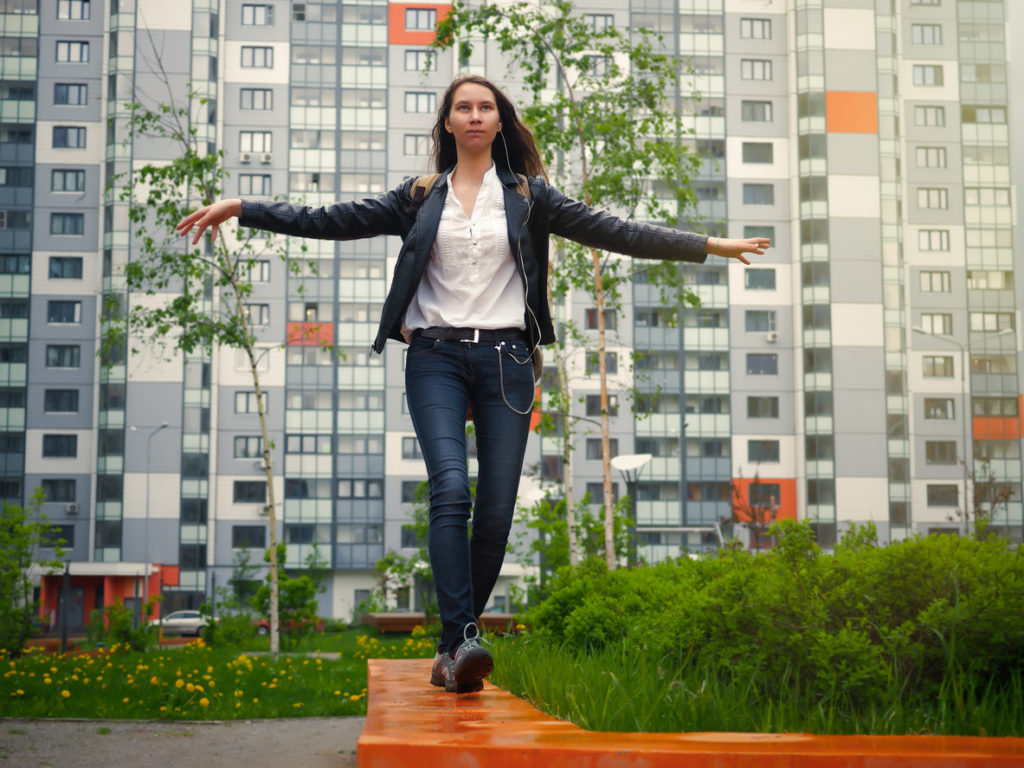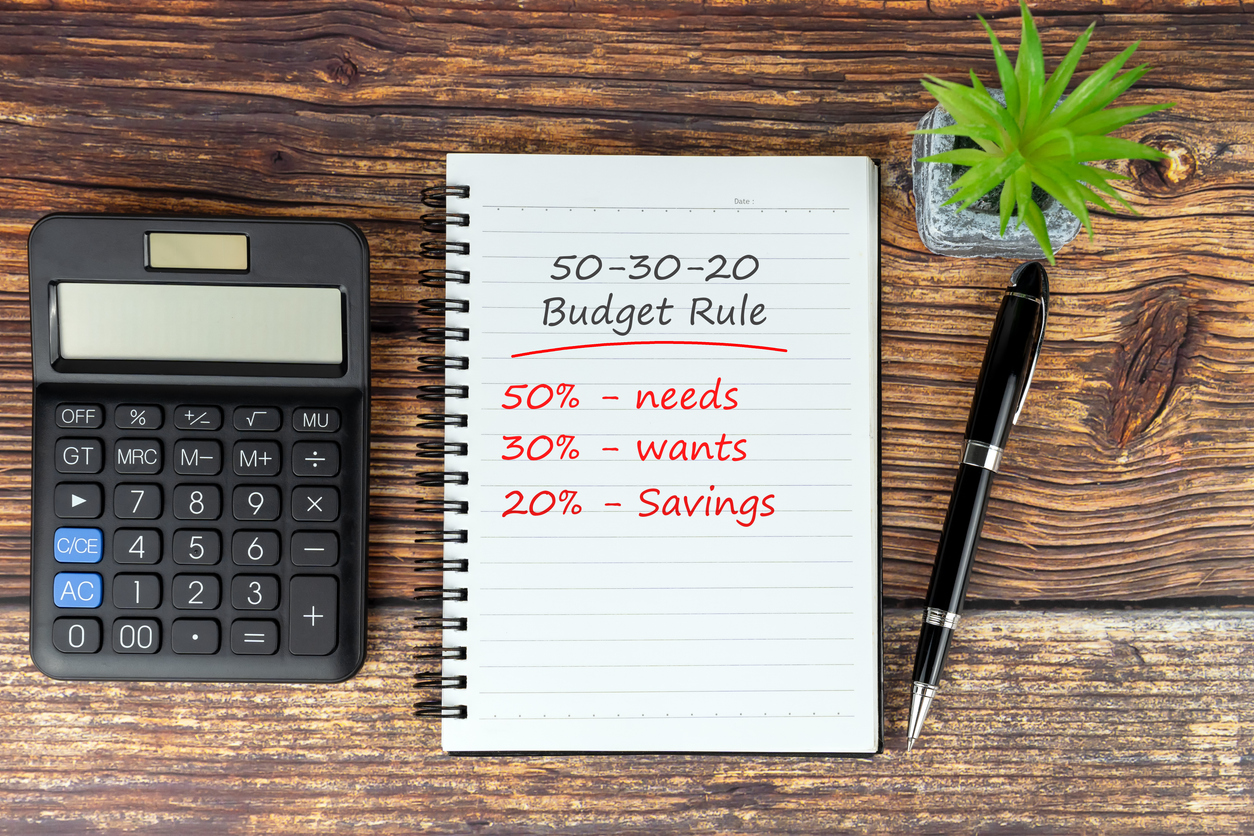Stress is a common problem in the modern world. In 2018, it was reported in the UK, three in four people have felt such acute stress it has left them feeling unable to cope. Is this any way to live? Iconic wisdom from Ferris Bueller comes to mind: life moves pretty fast – if you don’t stop to look around once in a while, you could miss it.
However, doing so is made difficult when many of us wear our busyness like a badge of honour – it can make us feel like we have purpose. How can we rebuff this fast-paced, non-stop lifestyle we have become accustomed to, to the point where it is so integral to our self-worth? The answer is to start living slow.
Consider Slow Living If Life Is Moving Too Fast
Sustainable Living | 10th February 2020 by Ciara McArdle
Do you ever feel you’ve so much going on that you don’t have time to live life as you want, or indeed enjoy it? With competitive job markets, increased responsibility and pressure for productivity, for many of us contracted 9-5 hours are nothing but a fantasy. Factor in our responsibilities outside of work and family – keeping a home, managing finances and bills, attempting to have a social life – and it can sometimes feel like you never get a minute to yourself.

Stress is a common problem in the modern world. In 2018, it was reported in the UK, three in four people have felt such acute stress it has left them feeling unable to cope. Is this any way to live? Iconic wisdom from Ferris Bueller comes to mind: life moves pretty fast – if you don’t stop to look around once in a while, you could miss it.
However, doing so is made difficult when many of us wear our busyness like a badge of honour – it can make us feel like we have purpose. How can we rebuff this fast-paced, non-stop lifestyle we have become accustomed to, to the point where it is so integral to our self-worth? The answer is to start living slow.
What is slow living?
Slow living is about changing ‘your habits, your mindset, and your routines to be more mindful and aware. To be in the present moment, whenever you can’. Living slowly allows us a better quality of life as it reduces stress, is more healthy, improves our relationships and indeed our overall wellbeing. You do not have to cut back on anything you do or sacrifice any responsibilities, just change how you approach them. It’s all about decelerating the pace of your life. Now that sounds appealing.
It may take a little getting used to; the idea of slow living in today’s world is countercultural. Our society has come to be obsessed with the idea that speed is king. News, food, fashion, success; we want everything instantly. But slow living is about looking at your life with a long-term perspective; enjoying each moment instead of counting the minutes. It is about taking a methodical approach to your daily life rather than muddling through the self-inflicted chaos.
Tips to introduce slow living into your life

So if you want to start practising slow living, you can begin by taking things one at a time. Stop multi-tasking and it will reduce your stress. You may think you’re making good use of time doing extra work during your commute, for example. But there is a lot to be said for living in the moment and being completely present in what you are doing right now.
If you’re travelling to work, use that time just to travel to work. Maybe read a book or listen to some music you enjoy. Don’t use the time to catch up on emails or teach yourself a new skill. If you’re at work, be at work. If it’s the weekend, don’t stress about Monday; allow yourself the time off. You will find this approach will make you much more productive.
In her book ‘How To Not Always Be Working’, Marlee Grace maintains that you can live in the moment more by distinguishing between what is work and what is not. She recommends you write two task lists: one for work, and another for all other tasks you need to do.
Segregating how we spend our time means we are less likely to multitask in a way detrimental to our time for relaxation. We can actually take that time to unwind and de-stress. Remaining present in the here and now is also important because when we do, it can help prevent us from stressing about tomorrow. In other words, remaining present prevents us from feeling anxious about things we have limited control over.
Stop rushing. Literally. Slow down while you are walking and enjoy it! Look around and take in your surroundings. Appreciate what you see and feel better for it. I walk the same route to work each day without ever really being present in what I am doing or where I am. While my feet diligently get me from A to B, my mind is ticking over, a million things buzzing through it at once.
But after learning about slow living, I decided to play some peaceful, classical music during my walk to help clear my mind. I left five minutes earlier than I usually would, to allow for a slower pace. Maybe it was a case of a placebo, but I did feel a sense of unfamiliar calm on my walk to work that morning. As I kept my head up, taking in my surroundings, my eyes were drawn to a beautiful old building I had never noticed before. It is truly gorgeous and instantly made me feel happy and appreciative of life. What’s more, my good mood stayed with me for the rest of the day.
I think my good mood was also partly due to the half hour I spent completely offline. I deliberately didn’t check my phone at all during the walk, replacing browsing and communication with music and fresh air. This is another key area of slow living. Christine Hohlbaum, author of The Power of Slow, claims our addiction to smartphones and technology puts mindful living at risk.
Tips to introduce slow living into your life
Hohlbaum and fellow advocates of the slow movement recommend you set aside a certain amount of time per day for online activity or to use your phone, and afterwards, you should simply switch it off. Phone calls, emails, DMs … they all can wait! Yes, this does seem like a scary prospect, but you are unlikely to lose business, for example, if you decide not to reply to a message until morning. My father has always turned off his phone when he gets home from work, and he has been running a successful business for nearly 20 years.
The ‘slow’ in slow living is also used as an acronym (there is a slow food movement too) – Sustainable, Local, Organic and Whole. Taking time to prepare wholesome meals is an important part of this. Eating well really does make a difference to your health and stress levels. Rather than gobbling up a quick heat-and-eat in between tasks, spend a little time preparing and cooking your own meals. The difference in how I feel after eating a good, wholesome self-cooked meal compared to when I eat junk or convenience food astonishes me to the point I question why I ever opt for the latter. Physically and mentally, you really do feel the benefits of good and nourishing food.
Finally – put yourself first sometimes. Try and rid your life of things you don’t want to do. How often do you make arrangements through a sense of obligation? Do you really want to go for a coffee with your friend after work, or would you rather go home, recharge, and ready yourself for the next day? It took me too long to realise that just because my schedule is clear, it doesn’t mean it has to be filled. Sometimes you need a day or an evening to yourself, to do nothing! Learn to feel comfortable with saying no.
Slow living doesn’t happen overnight. Nor does it come naturally to us. But we can gain some real benefits to our health and happiness if we try to reduce the pace and practice a slow lifestyle. Why not dip your toes in by trying a few of the easier ways to introduce slow living into your everyday life? For instance, when was the last time you sat down and hand wrote a letter to one of your nearest and dearest? After my lovely walk the other morning, I’m certainly more open to trying out more ways of slowing down.
Share this post:
Hear from Solo Living now and then by signing up to our mailing list


















